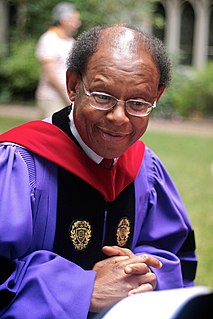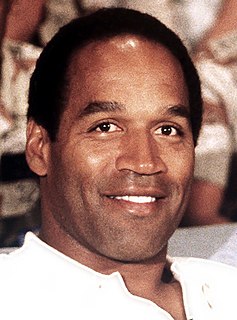A Quote by David Foster Wallace
Rap's conscious response to the poverty and oppression of U.S. blacks is like some hideous parody of sixties black pride.
Related Quotes
The poverty rate among black married couples has been in single digits ever since 1994. You would never learn that from most of the media. Similarly you look at those blacks that have gone on to college or finished college, the incarceration rate is some tiny fraction of what it is among those blacks who have dropped out of high school. So it’s not being black; it’s a way of life. Unfortunately, the way of life is being celebrated not only in rap music, but among the intelligentsia, is a way of life that leads to a lot of very big problems for most people.
As for the not-black black president issue - white people can imagine blacks worse off than them, no problem. And now they can imagine blacks better off, no problem. But they still can't imagine black people who are just like them. That's the real problem. That's racism. Not being able to believe that those others are actually just like you.
For most Black people there is still poverty and desperation. The Ghettos still exist, and the proportion of Blacks in prison is still much greater than Whites. Today, there is less overt racism, but the economic injustices create an "institutional racism" which exists even while more Blacks are in high places, such as Condoleeza Rice in Bush's Administration and Obama running for President.
We have to remember that the experience of gangsta rap as such in its foundation is an anti-systemic experience primarily. And it is an anti-systemic experience that is not in some cases politicized, but in general results in a much more transgressive, much more uncomfortable music for the structures of power, than conscious rap or political rap.
We do not need to minimize the poverty of the ghetto or the suffering inflicted by whites on blacks in order to see that the increasingly dangerous and unpredictable conditions of middle-class life have given rise to similar strategies for survival. Indeed the attraction of black culture for disaffected whites suggests that black culture now speaks to a general condition.





































